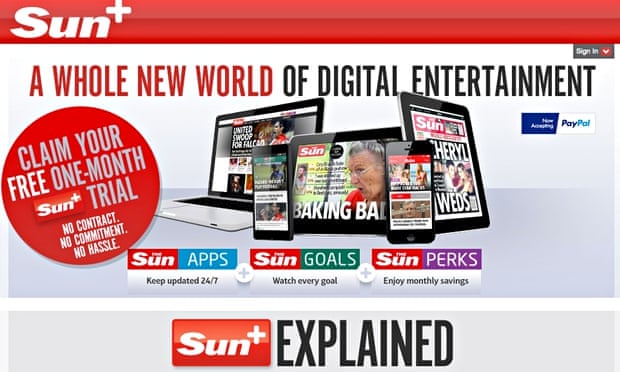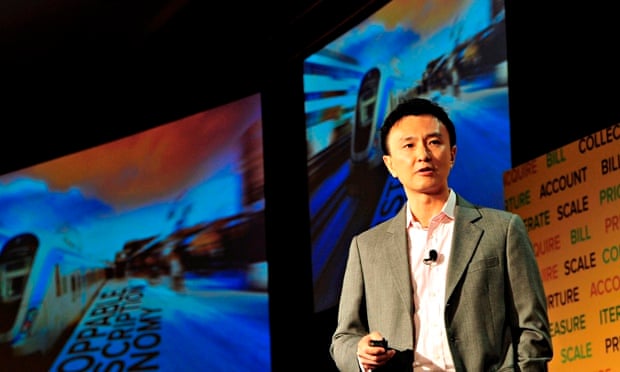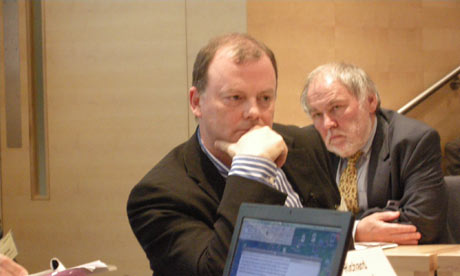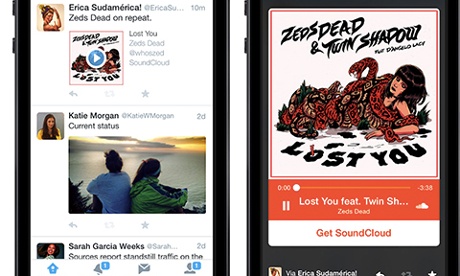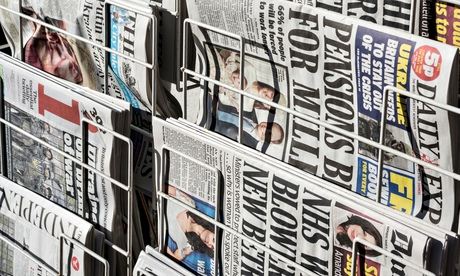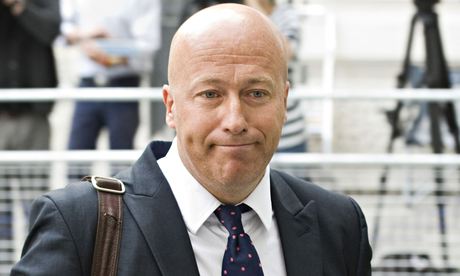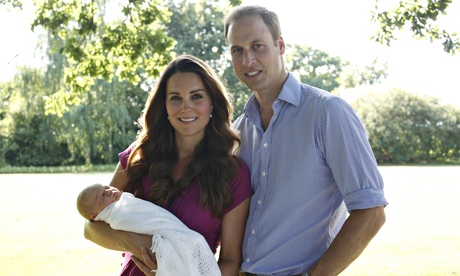Is our news influenced by American cultural imperialism? What examples can you think of?
To begin with I believe that British news is influenced by American cultural imperialism to some extent. American's are the ones who initially show celebrity news and have elements such as Show Biz, this has been adapted into British (our) news - showing some influence from the American cultural imperialism is present. In addition American news channel CNN were the first news institutions that started 24 hour news show, and British news channels now also offer this, such as the BBC News. Not only this, but the news conventions of including photo and video journalism is also adapted by American news culture.
On the other hand, British news is said to be less biased than news in America, showing this element of the news content is not much influenced by Americans. Also, there is more information in British news, rather than just entertainment news, which is highly published and popular in American cultural imperialism.
This shows that British News has taken parts from American news culture as well as combined there own ideas in this.
Has the increased globalisation of news improved the audience experience? How? Why?
The increased globalisation of news has improved the audience's experience as now media is an essential part of many people's everyday life. Audiences are able to gather many different view points on news stories and different countries debates on certain issues due to globalisation. There are many news organisations who broadcast worldwide, this definitely improves the audiences experience as all the institutions can feed off each other sharing news stories and developing them.
The increased globalisation of news has improved the audience's experience as now media is an essential part of many people's everyday life. Audiences are able to gather many different view points on news stories and different countries debates on certain issues due to globalisation. There are many news organisations who broadcast worldwide, this definitely improves the audiences experience as all the institutions can feed off each other sharing news stories and developing them.
Has globalisation benefited or damaged major news institutions? How? Why?Globalisation has benefited major news organisations as the news enables each organisation to try and cover the news story better which pushes them to improve what they do. Globalisation also gives major news organisations more consumers who can access their news globally making it popular in different countries such as how Fox news is popular in the UK being an American news channel.
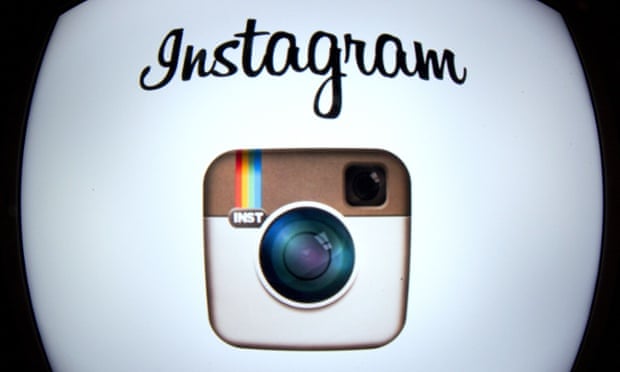

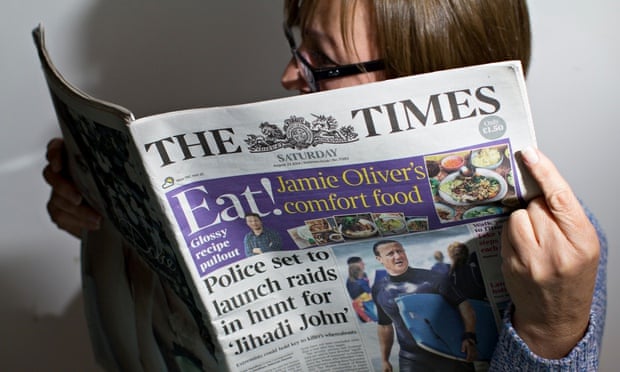
 #
#